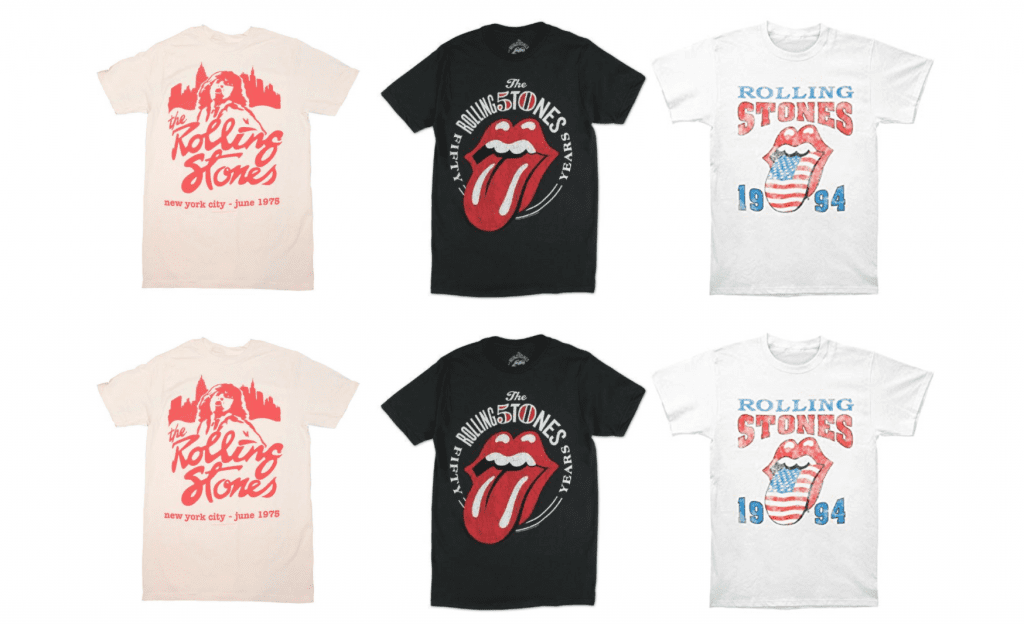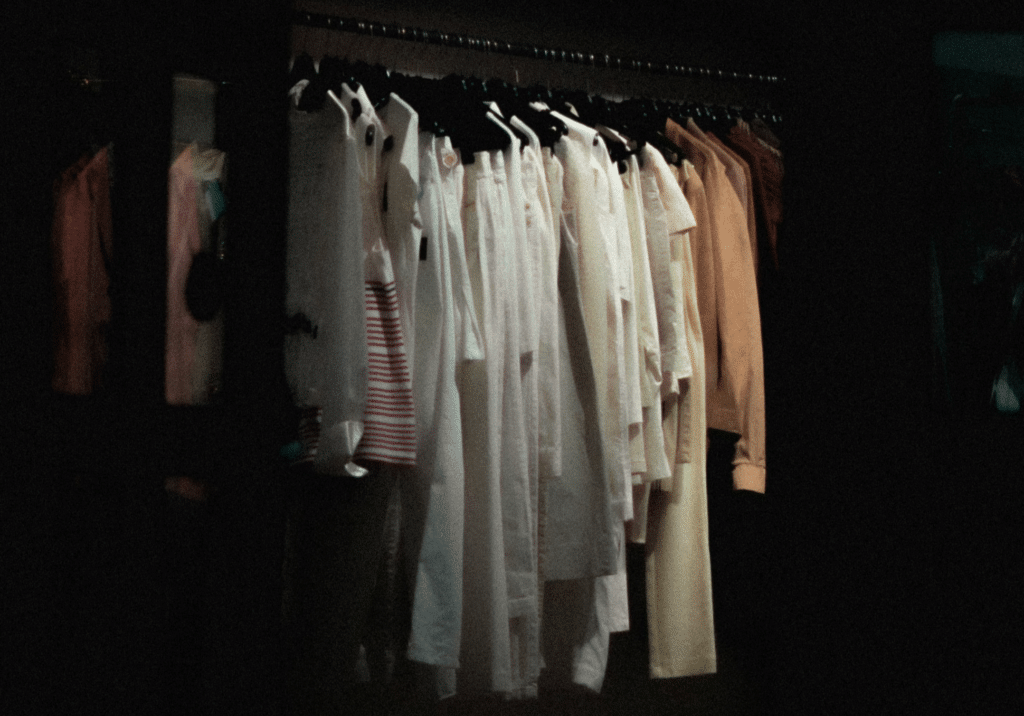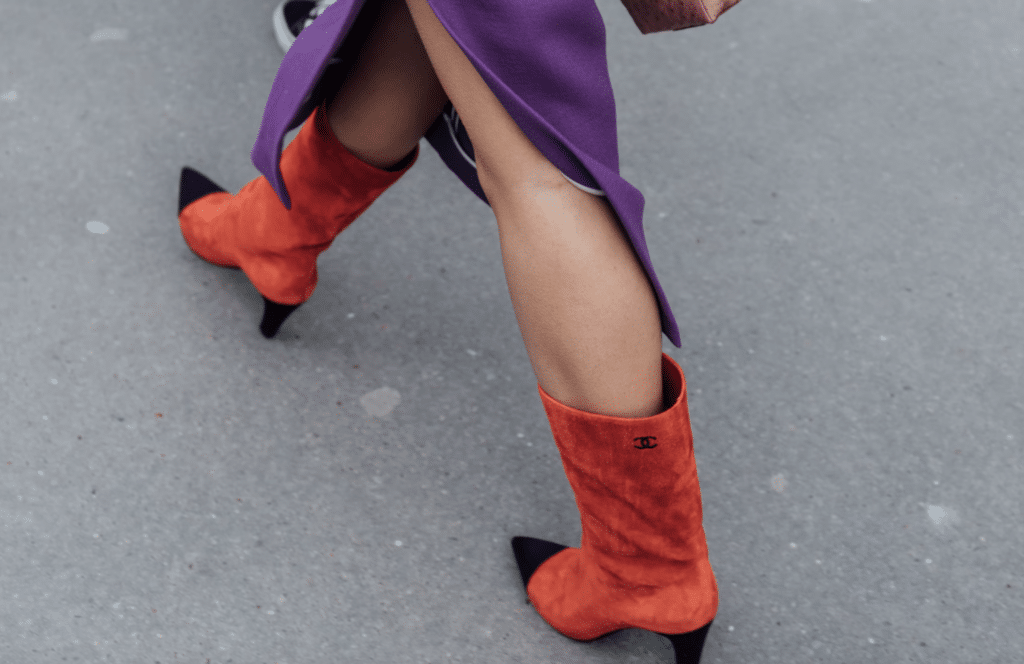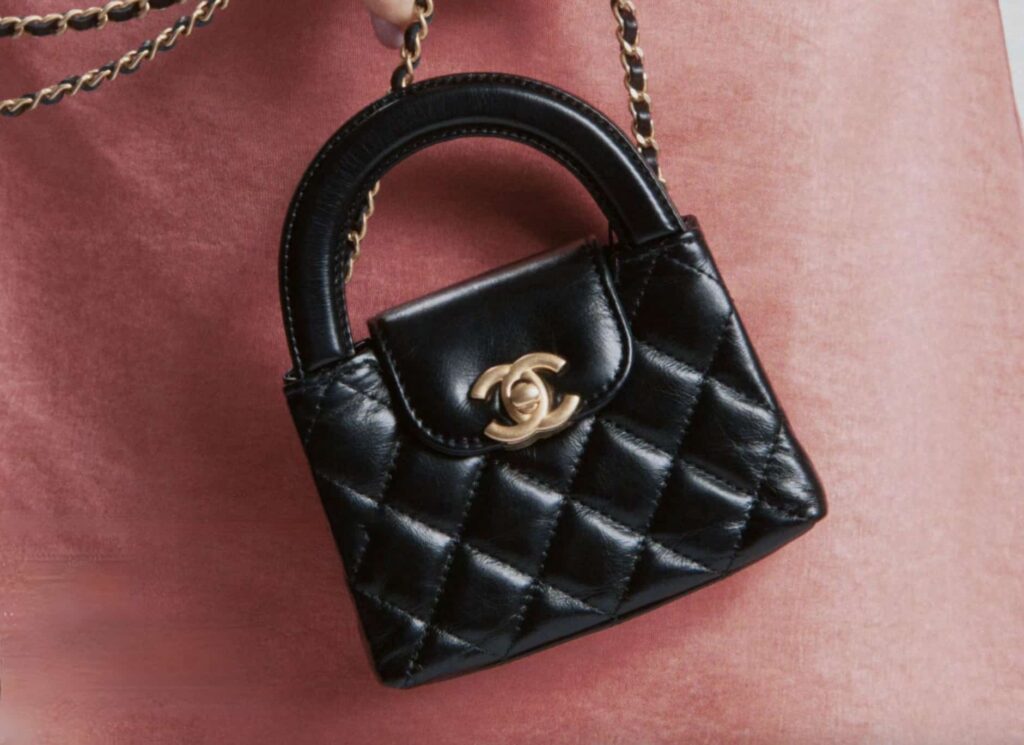Amazon is “up-ending the traditional licensing model,” thanks to its Merch by Amazon printing service. Currently in its third year of operation, the Seattle-based tech giant’s on-demand printing arm “works by printing t-shirts once an order comes in,” per Reuters, “meaning content creators like video game makers and TV [networks] do not have to commit to large merchandise inventory upfront,” as is typically required when sourcing from manufacturers in far-flung locations, such as China, Vietnam and Indonesia.
“You can list overnight on Amazon all the merchandise that’s for sale and then as you book sales you just make it and ship it,” New York-based lawyer Gaston Kroub told Reuters. “It completely cuts out that whole traditional supply chain.” This type of closer-to-home, on-demand manufacturing is also expected to help cut down on “the pile-up of unsold inventory, [and] allow brands to sell more stock at full price.”
And licensed merchandise is big business. As of 2016, global retail sales of licensed merchandise reached $262.9 billion – up from $251.7 billion the year prior, according to the Licensing Industry Merchandiser Association’s annual study. Of that, entertainment/character licensing nabbed the top spot in terms of licensing type, accounting for $118.3 billion. “Blockbusters like Frozen, Star Wars, Despicable Me, and Batman vs. Superman,” alone, generated “more than $100 billion in retail sales,” according to the Association’s report.
As for the money to be earned from by licensees of the famed intellectual property of the likes of Lucas Films’ Star Wars or Disney’s Frozen (i.e., companies that pay to right’s’ holder to use the intellectual property at issue), Reuters puts that figure at $14.5 billion as of 2018, up 2.6 percent from 2017.
Amazon – which has already wooed Disney, Marvel, Universal, and Cartoon Network, among others to its Merch network – is looking beyond film and television, though, and is “interested in all brand types from major entertainment brands to musicians, consumer products and social media influencers with a minimum of 100,000 followers,” a spokesman told Reuters.
The venture joins the Jeff Bezos-owned company’s burgeoning array of apparel and accessories private labels, including its newly-announced venture, The Drop, which pairs influencer marketing and the streetwear-proven “drop” system in a play for fashion relevance amongst consumers.











